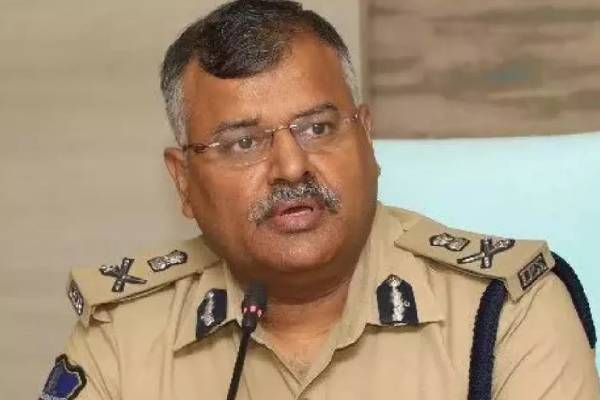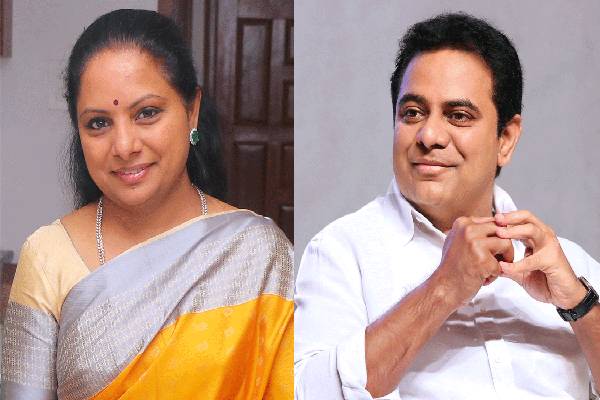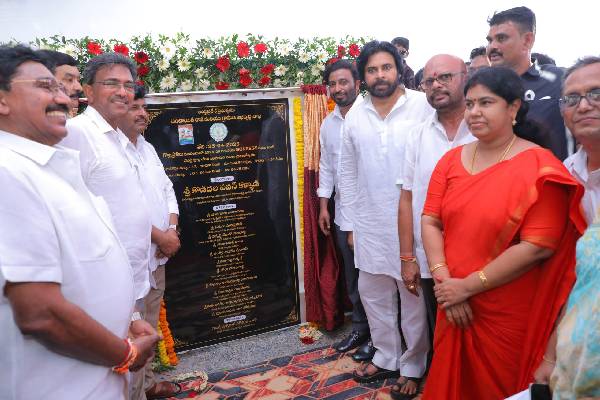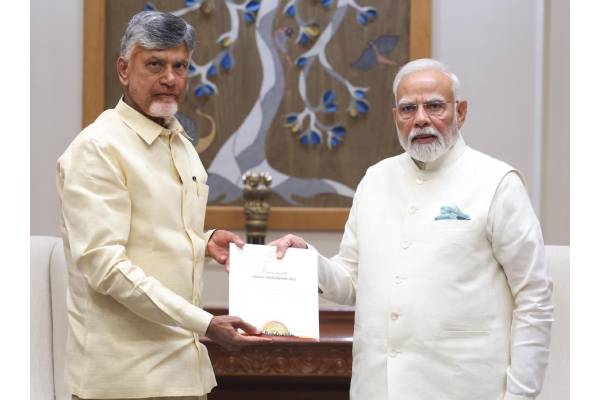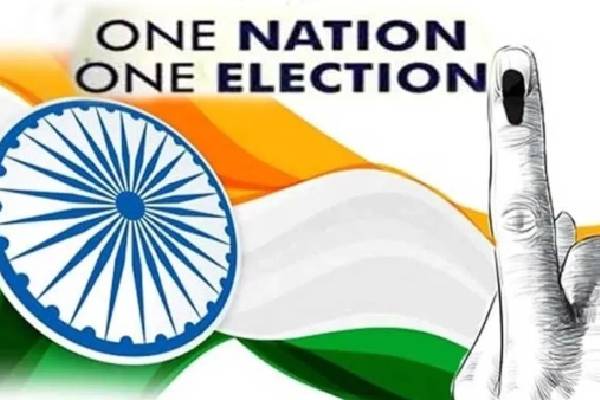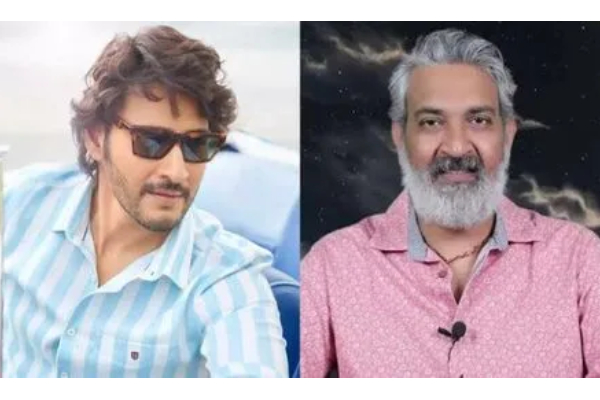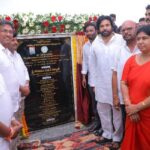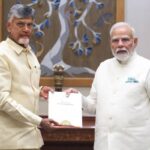The concept of simultaneous elections, often referred to as “Jamili elections” or “One Nation, One Election” in India, has gained significant momentum across the country. Recent expert recommendations suggest that implementing this system would require six constitutional amendments, a process that demands a two-thirds majority in both houses of Parliament.
While the ruling BJP alliance currently holds a simple majority, the growing support from opposition parties may pave the way for these crucial amendments. Notable leaders such as Sharad Pawar, Akhilesh Yadav, Nitish Kumar, Naveen Patnaik, KCR, and Jaganmohan Reddy have previously expressed openness to the idea. Only the Congress party and AIMIM have vocally opposed the move following the Union Cabinet’s approval of the Kovind Committee’s recommendations.
The implementation process involves passing a bill with simple majorities in at least half of the state assemblies. With the Congress party controlling only three states, achieving the required support from 20 states appears feasible, bolstering the central government’s confidence in pushing forward with the initiative.
In Telangana, the political dynamics surrounding simultaneous elections have taken an interesting turn. The Bharat Rashtra Samithi (BRS) party has signaled its readiness for early elections, though not explicitly endorsing the simultaneous elections concept. BRS leadership believes that earlier polls could benefit their party by stemming member migration to the ruling Congress, capitalizing on perceived public dissatisfaction with unfulfilled promises, and showcasing KCR’s leadership as a viable alternative.
This stance contrasts sharply with the Congress party’s position, which opposes simultaneous elections and seeks to complete its full five-year term in Telangana. The BRS’s eagerness for early polls reflects their confidence in regaining public support, despite concerns about potential alliance perceptions between BJP and BRS that may have influenced previous election outcomes.
-Sanyogita





















